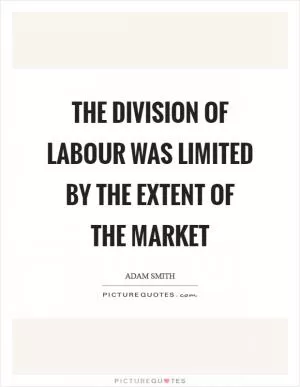No complaint. Is more common than that of a scarcity of money

No complaint. Is more common than that of a scarcity of money
In the context of Adam Smith, the statement "No complaint is more common than that of a scarcity of money" holds significant weight. Adam Smith, often referred to as the father of modern economics, is best known for his seminal work "The Wealth of Nations," in which he laid the foundation for classical economics and the concept of the invisible hand.Smith believed that the pursuit of self-interest by individuals in a free market economy would ultimately lead to the greatest good for society as a whole. However, he also recognized that the scarcity of money was a common complaint among individuals and could have a significant impact on their ability to participate in the market economy.
In Smith's time, the scarcity of money was a pressing issue for many people. The economy was largely based on a system of barter, where goods and services were exchanged directly for one another. The lack of a standardized currency made transactions cumbersome and limited the ability of individuals to engage in trade.
Smith argued that the scarcity of money could hinder economic growth and development by restricting the flow of goods and services. In a market economy, money serves as a medium of exchange, allowing individuals to easily trade goods and services with one another. When money is scarce, transactions become more difficult, leading to inefficiencies in the economy.
Furthermore, Smith recognized that the scarcity of money could also have a negative impact on individuals' standard of living. Without an adequate supply of money, individuals may struggle to meet their basic needs and provide for their families. This can lead to social unrest and economic instability, as individuals become increasingly desperate to secure the resources they need to survive.












 Friendship Quotes
Friendship Quotes Love Quotes
Love Quotes Life Quotes
Life Quotes Funny Quotes
Funny Quotes Motivational Quotes
Motivational Quotes Inspirational Quotes
Inspirational Quotes